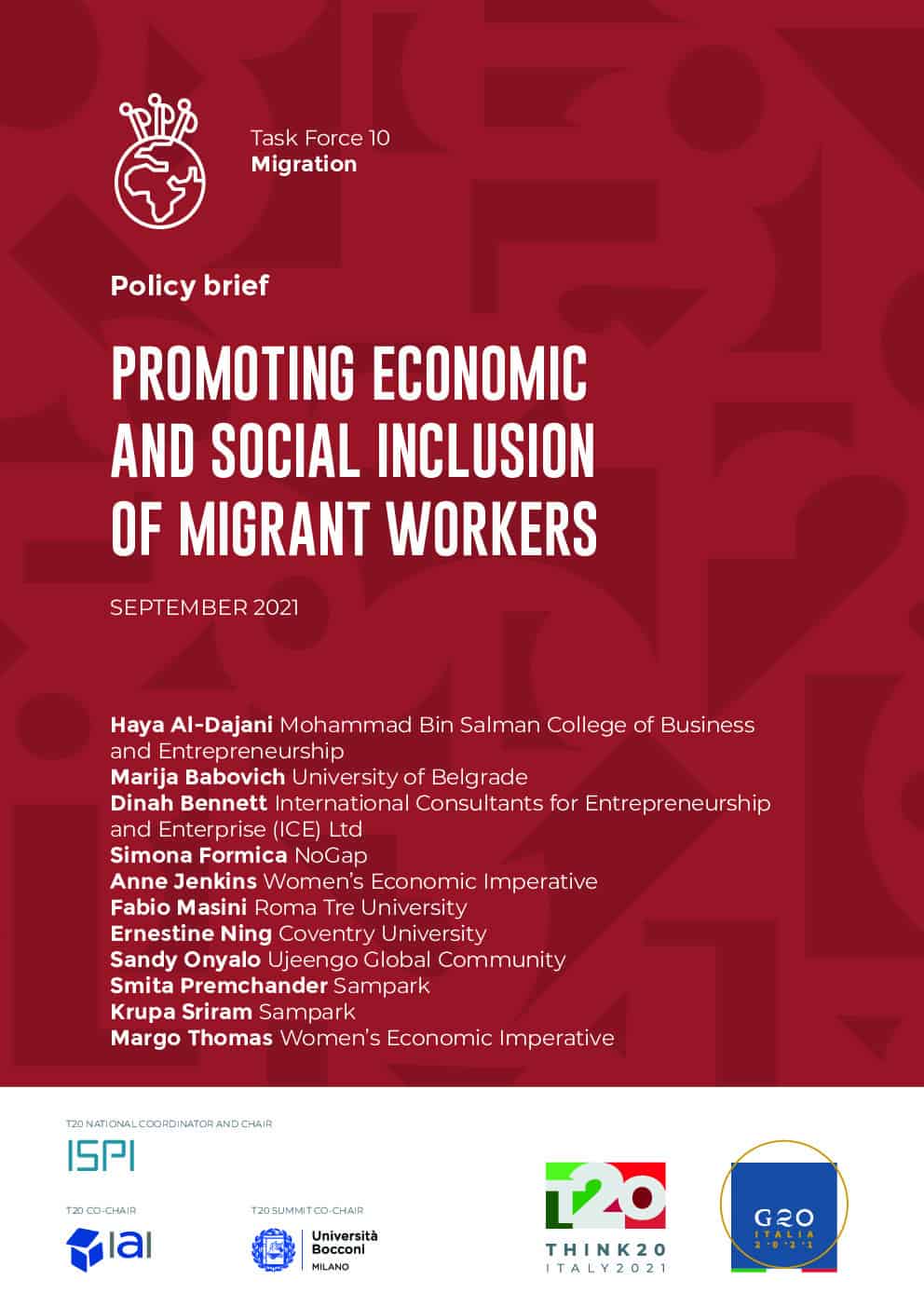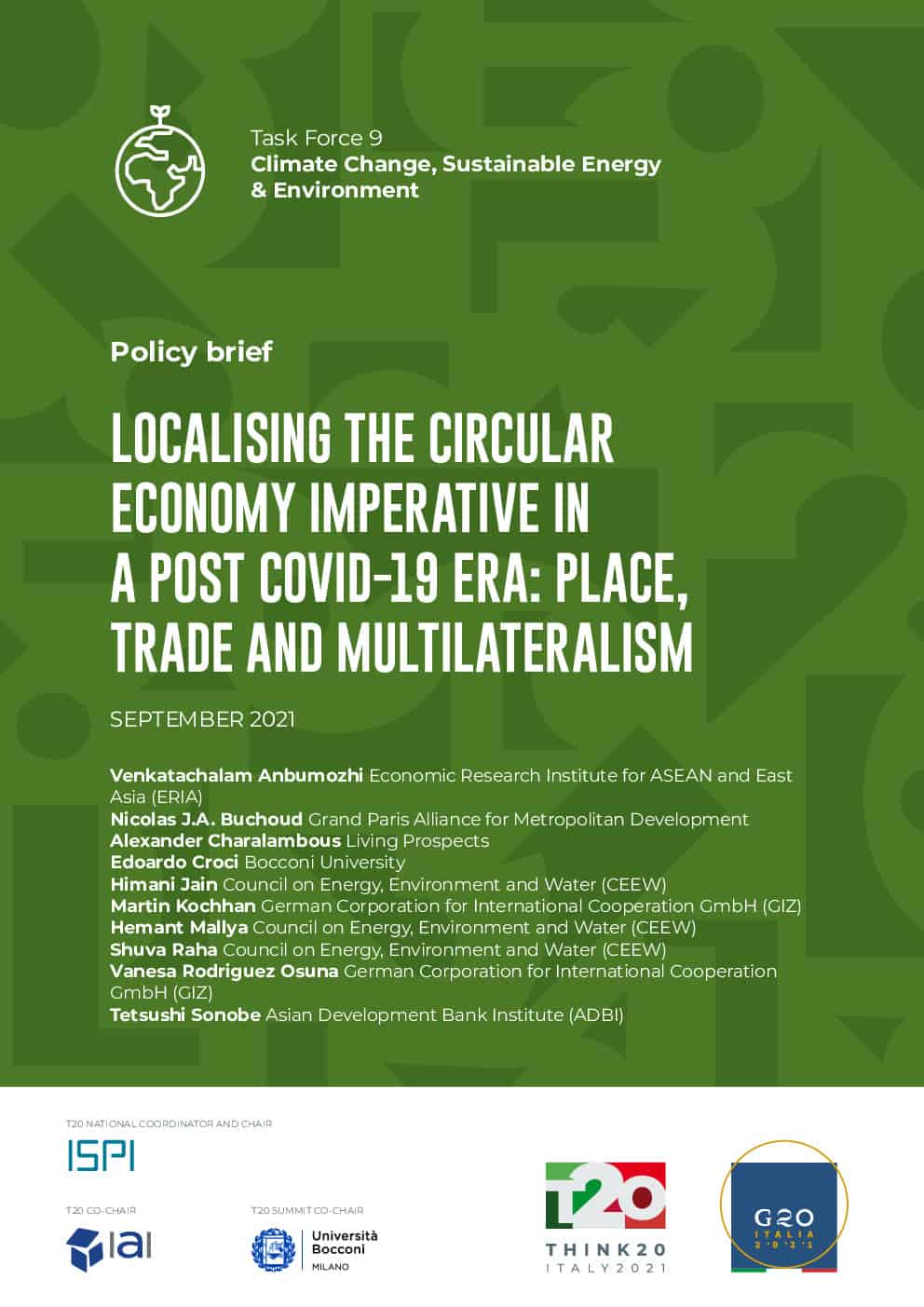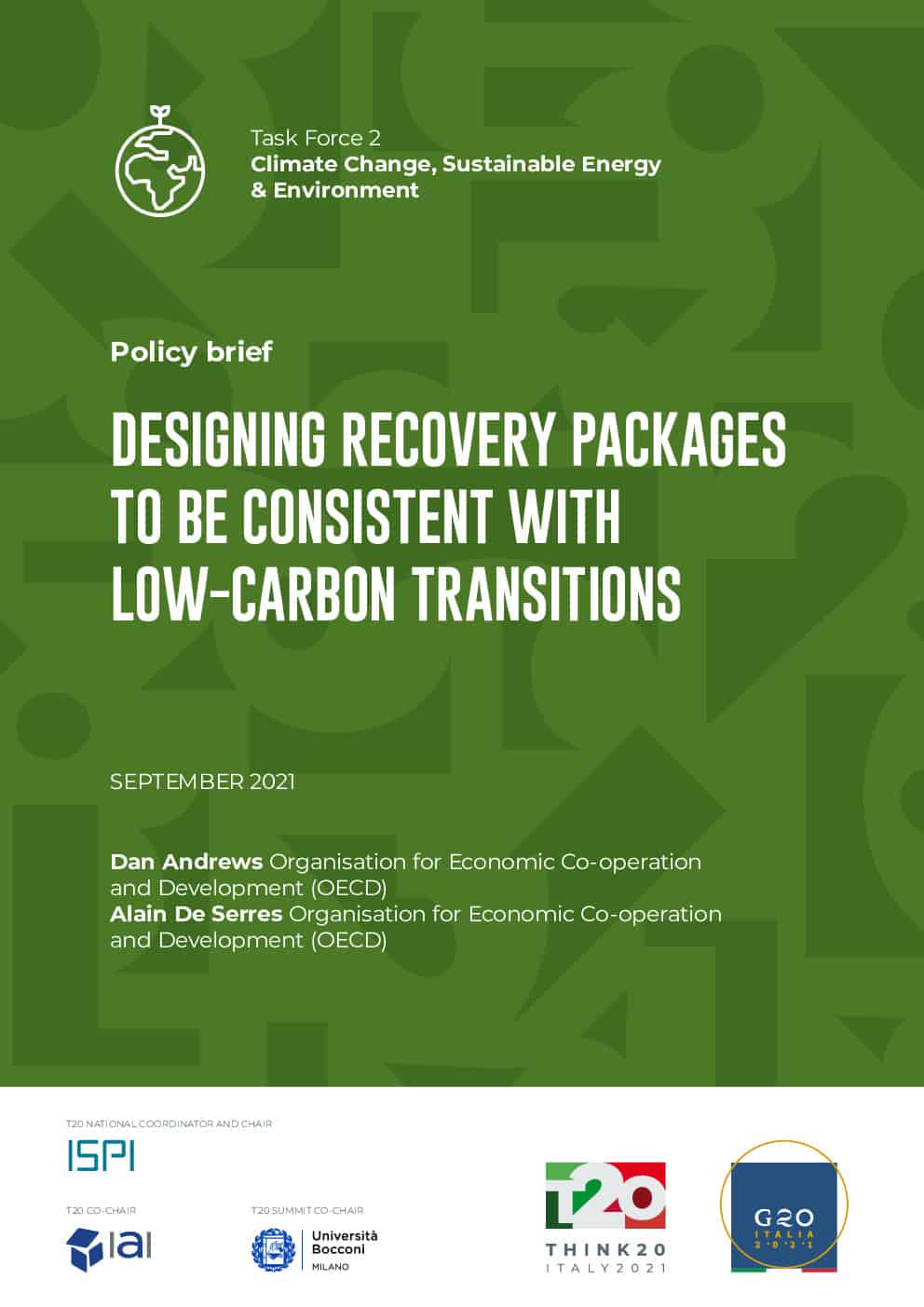Vaccinations for migrants and refugees during and after Covid-19
The COVID-19 pandemic has highlighted how social vulnerability of some groups within countries increases their risk of infection from communicable diseases; hinders access to treatment and preventive measures, including vaccination; and, overall, exposes them to worse health outcomes. Their higher exposure to communicable diseases due to social vulnerability may affect … Read more










